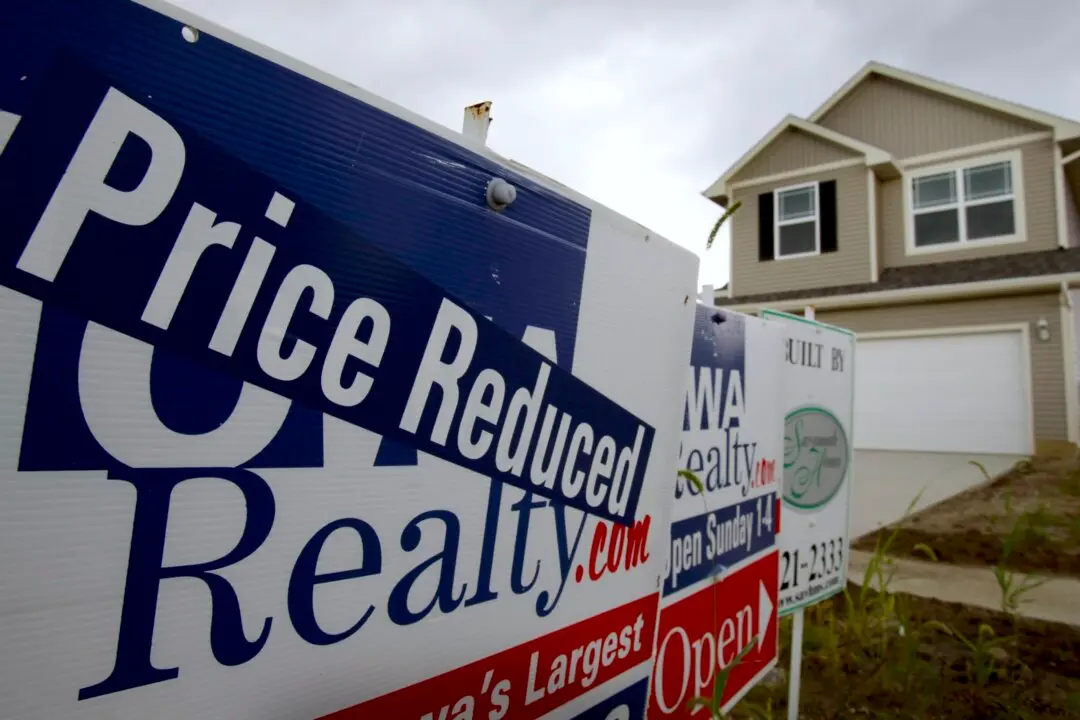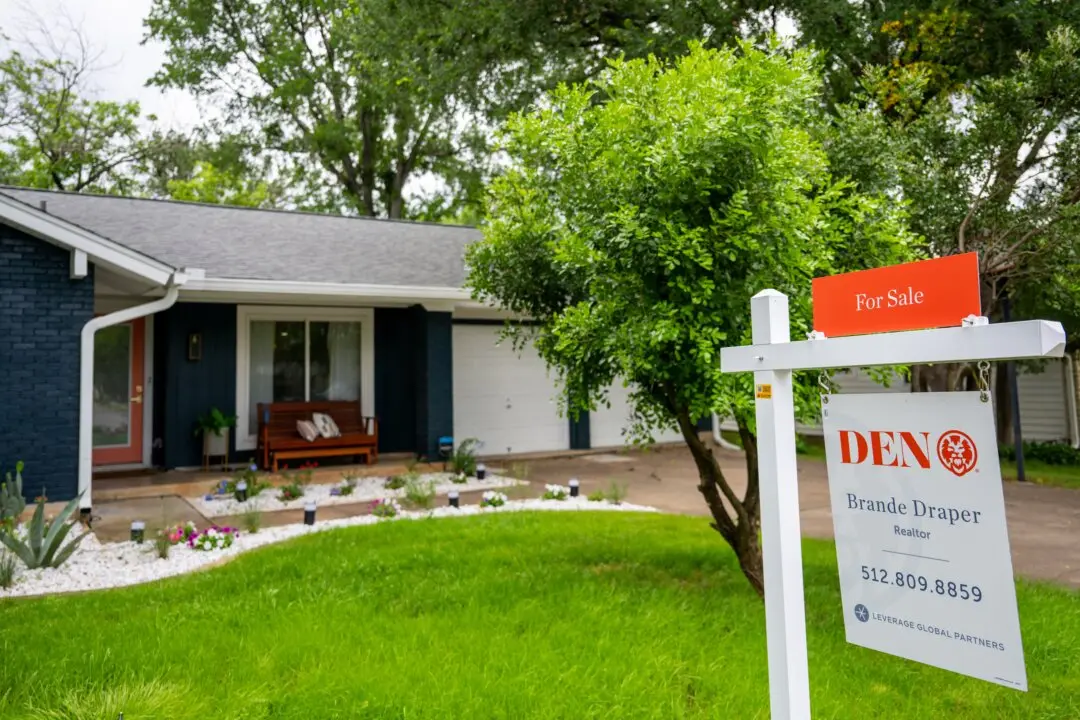Bianca Fabian and her husband are first-time homeowners who have lived in their East Northport, Long Island, New York, home for a little more than a year. During this time, the couple have spent at least $5,000 to repair two rotting chimneys that their home inspector didn’t notice. Both are entrepreneurs with their own businesses, but like many new homeowners across the United States, they weren’t prepared to spend extra money after saving for years to afford a single-family home.
“We now have to pick and choose what we can afford to do, and what can wait,” Fabian told The Epoch Times.





